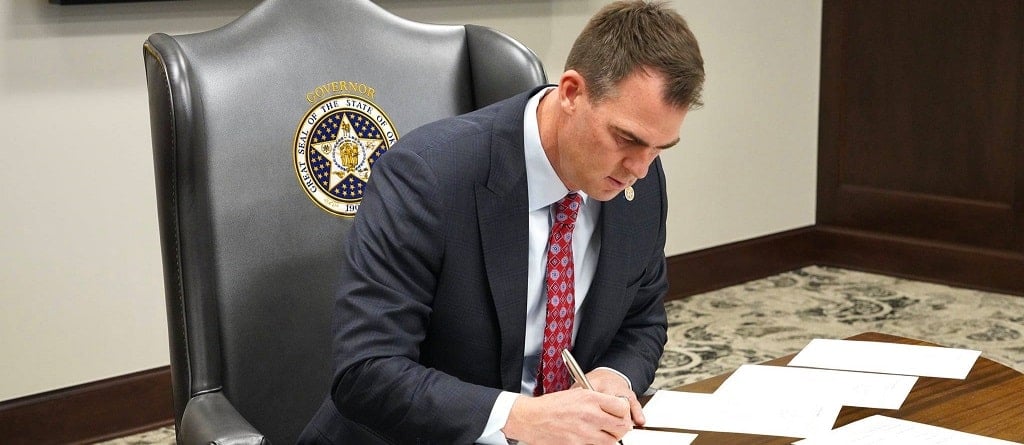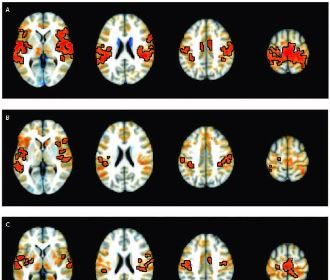Oklahoma Gov. Vetoes Bill Aimed at Boosting Mental Health Treatment in Jails

OKLAHOMA CITY, Okla. — A bill intended to help restore the competency of jailed individuals with mental health issues so they can stand trial has been vetoed by Oklahoma Gov. Kevin Stitt.
Specifically, the legislation sponsored by Republican State Sen. John Haste would have increased mental health treatment in jails throughout the state.
Haste wrote the bill in collaboration with the state Department of Mental Health and Substance Abuse Services, and also got assistance from the state Sheriff’s Association and its District Attorneys Council.
SB 552 then sailed through the state legislature, passing unanimously in the Oklahoma House of Representatives and receiving only one no vote in the state Senate.
“I totally expected it to become law,” Haste told reporters after Stitt announced his veto.
In a message to the legislature, Stitt said the bill would “require county jails to hold and provide restorative treatment, therapy, or training for individuals deemed incompetent prior to conviction,” a responsibility that currently falls, by statute, to the Department of Mental Health and Substance Abuse Services.
“This, of course, does not prohibit jails from providing treatment options while individuals wait for space to become available through the department; many jails do, in fact, provide some level of restorative services. Nonetheless, we must do a better job addressing rampant mental health issues plaguing our society.”
Stitt went on to say that while the bill was “well intended,” he did not believe it to be “the right solution at this time” because he feared it would overburden county jails that “do not yet have necessary treatment staff, environments and frameworks in place” to handle the new responsibilities.
“I urge stakeholders such as district attorneys, law enforcement officials, the Department of Mental Health and Substance Abuse Services, and other mental health professionals to collaborate well before the next legislative session to identify creative solutions available to address the overarching issues of where and how we meaningfully treat and restore individuals temporarily deemed incompetent to stand trial,” Stitt wrote.
“Many solutions are surely available without the need for legislative changes. If we are to implement legislative mandates, we must first ensure the requisite structures are in place,” he said.
Dan can be reached at [email protected] and at https://twitter.com/DanMcCue

























